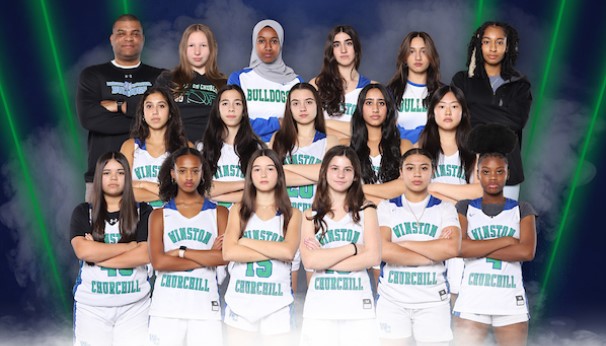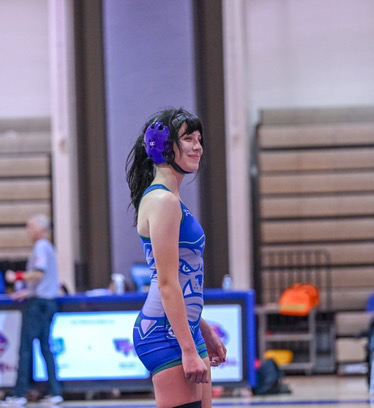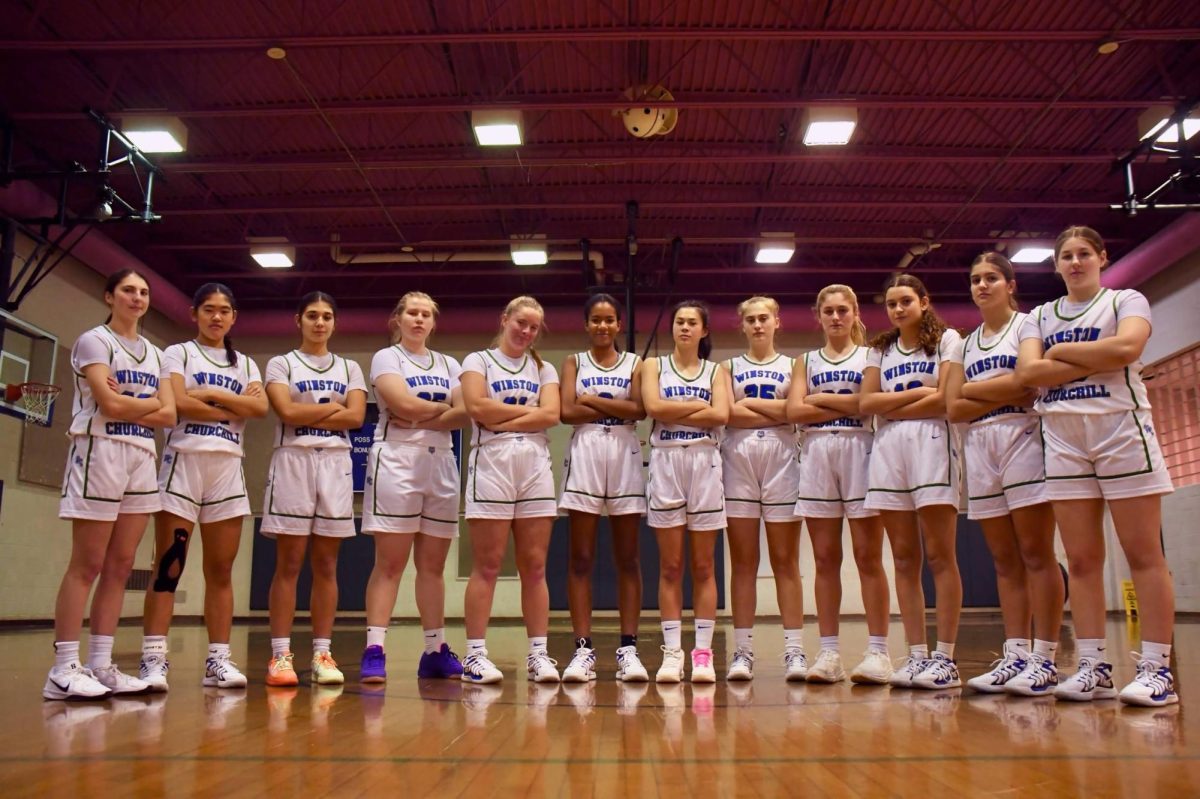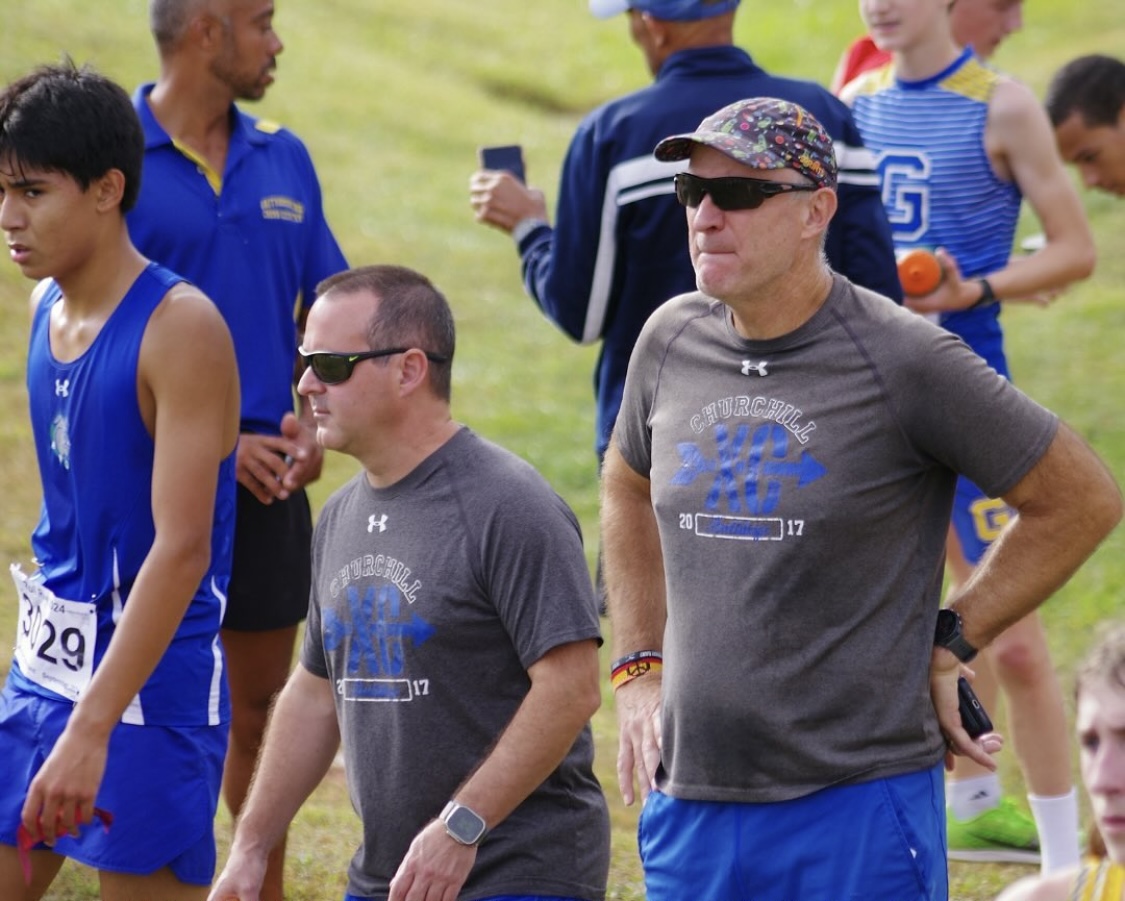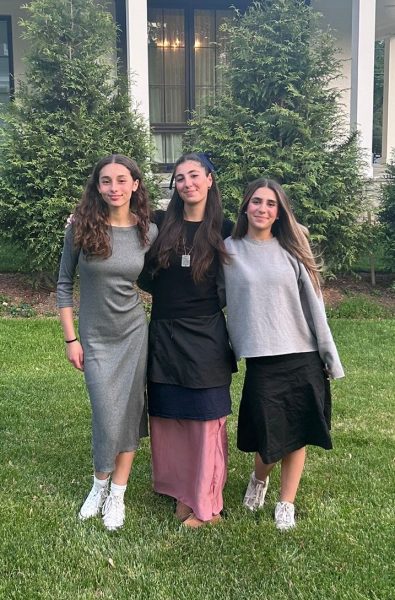The shot clock ticking down. The thumping of 10 players’ feet running back and forth across the court. The beat of the ball being dribbled. The swish of the net as the basketball makes it in. On the sideline, controlling it all is the coach. For the WCHS girl’s JV basketball team, the person who will now be calling the plays is Coach Lelia True, who boasts an extensive athletic and coaching career.
Following her graduation from the United States Military Academy at West Point after being one of the best multi-sport athletes in her class, True went on to coach for several schools. After retiring from the Washington Waldorf School in Bethesda and coaching multiple sports including basketball, True decided to seek out a coaching position at WCHS in order to kickstart her full-time coaching career.
“As an adult looking back over my athletic career, it gives me a unique perspective of what I want to focus on as a coach and how I work with athletes,” True said. “Being a JV coach, my goal is to prepare the girls to play varsity and help them reach their goals. I am going into this blind so I have to keep in mind their skill level right now, build their skill sets and make sure they are having fun and growing.”
Last year, the JV girls went 2-11 overall. For WCHS teams, this record is uncommon considering the school’s strong athletic presence. Sophomore Sajidah Barrie, who played on JV last year, felt that a lack of dedication from the previous coach is what led to the team’s outlier of a season.
“Last season, [the previous] coach’s style just seemed like lazy coaching,” Barrie said. “It felt like he was not dedicated, just repeating the same basic things over and over again, which was not efficient and would not help us in games. As a team, it made us sloppy. The only thing we would do during practice was conditioning, and then we would have a game and we could not run our plays.”
There are times when great athletes struggle emotionally and a coach has to help their athletes stay even-keeled in the face of challenges. Great players are born with talent, but the elite ones have coaches that help develop them.
“When players need motivation, I change how I motivate them based on the person,” True said. “Some I will yell at because I think it might help them, others I might be quiet or subtle. Always being encouraging is important but each player has different ways they can be motivated. I think that’s a key part of leadership, you need to be able to lead a person the way they need to be led. Not the way you want to lead, the way people need to be led.”
Barrie has seen how her team, which featured many first-year players, struggled due to a lack of proper and efficient leadership. According to the National Collegiate Scouting Association (NCSA), out of 40,000 female high school basketball players, only 1.2% get to play at the NCAA Division 1 level.
“For me, a coach really has to be dedicated,” Barrie said. “They have to really be hungry for their team to win and willing to make sacrifices. The opposite is what breaks a team’s season. Not being committed, giving up on the team and making it obvious you don’t care as a coach destroys players’ potential.”
Overall, True hopes the season will lead to fun memories and accomplishments her players will be proud of both on the court and in the outside world. One of her main expectations is that in order to thrive, her players will need to rely on teamwork and understanding that they are not playing alone.
“I stress being smart on the court,” True said. “I tell my athletes you might not have the same physical attributes as anybody, but you can always out-think somebody. I want my athletes to use their brains and also teamwork. I look at my athletes and make sure they are listening, they are thinking, they are trying. That is all I need. I just need them to try.”


